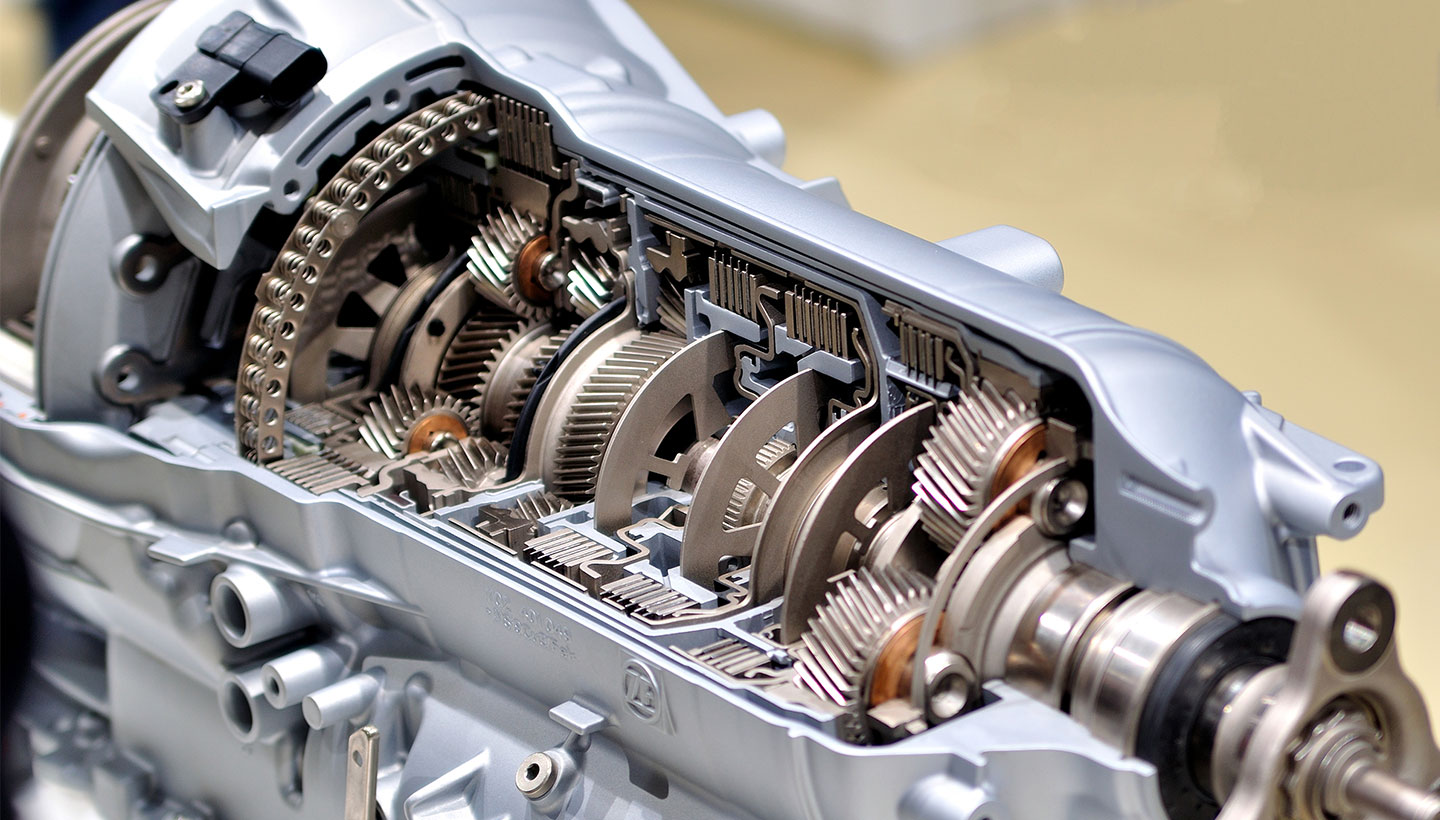Mobile:+86-311-808-126-83
Email:info@ydcastings.com
Design and Efficiency Analysis of Impeller Casing in Fluid Dynamics Applications
Understanding Impeller Casing A Key Component in Pump Design
Impeller casings play a crucial role in hydraulic machinery, particularly in pumps and turbines. They are designed to house the impeller, a rotating component that transfers energy to the fluid being pumped. The efficiency and effectiveness of a pumping system are significantly influenced by the design and construction of the impeller casing. This article explores the importance, design considerations, and applications of impeller casings.
An impeller casing serves multiple purposes. First, it ensures the proper alignment of the impeller, which is essential for optimal performance. Misalignment can lead to increased wear and tear, reduced efficiency, and even failure of the pump. The casing also acts as a protective barrier, preventing external contaminants from entering the pump, which can cause damage to internal components. Furthermore, the casing plays a critical role in managing fluid dynamics within the pump, guiding the fluid flow to ensure that it moves smoothly and effectively from the inlet to the discharge.
When designing an impeller casing, several factors must be considered. The material choice is paramount, as it needs to withstand the operational pressures and corrosive nature of the fluids being handled. Common materials include stainless steel, cast iron, and various alloys, each selected based on the specific requirements of the application. The shape and size of the casing are also vital; a well-optimized design minimizes turbulence and energy loss while maximizing flow efficiency.
impeller casing

Another important design aspect is the configuration of the impeller itself. Different types of impellers, such as radial, axial, and mixed flow, will necessitate variations in casing design. For example, radial impellers require casings that accommodate their multidirectional flow characteristics, while axial impellers benefit from streamlined casings that support linear flow. Computational fluid dynamics (CFD) simulations are often utilized in the design process to predict the flow behavior within the casing and refine the design for improved performance.
Impeller casings are widely used across various industries, including water and wastewater treatment, chemical processing, oil and gas, and power generation. In each of these applications, the efficiency of the pump directly impacts operational costs and system reliability. Therefore, investing in high-quality impeller casing designs can lead to significant long-term benefits in terms of energy savings and reduced maintenance needs.
In conclusion, impeller casings are more than just housing for impellers; they are integral components that influence the efficiency and longevity of pumping systems. Engineers must carefully consider materials, design configurations, and operational requirements when creating impeller casings to ensure optimal pump performance. As technology continues to advance, future innovations in impeller casing design are likely to further enhance the capabilities and efficiencies of hydraulic machinery, leading to more sustainable and reliable industrial processes.
-
Why Should You Invest in Superior Pump Castings for Your Equipment?NewsJun.09,2025
-
Unlock Performance Potential with Stainless Impellers and Aluminum End CapsNewsJun.09,2025
-
Revolutionize Your Machinery with Superior Cast Iron and Aluminum ComponentsNewsJun.09,2025
-
Revolutionize Fluid Dynamics with Premium Pump ComponentsNewsJun.09,2025
-
Optimizing Industrial Systems with Essential Valve ComponentsNewsJun.09,2025
-
Elevate Grid Efficiency with High-Precision Power CastingsNewsJun.09,2025











